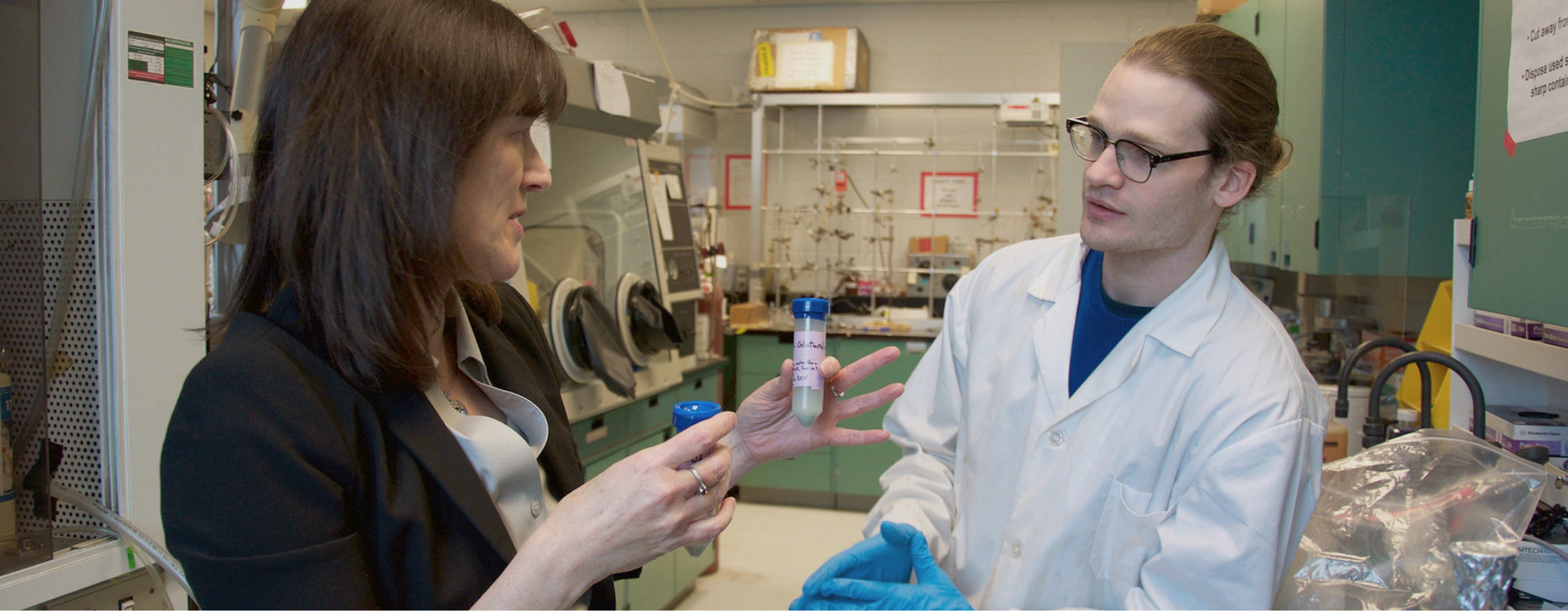Monday, October 21st, 2019...5:46 pm
I’ve Got 99 things Stressing Me Out, but my Supervisor Relationship Ain’t 1
Welcome back to another week on the Gradlife Blog! I hope everything is going well so far this semester. Anyone else feeling the pressure of all the things that keep piling up? (*Puts up hand and waves it wildly*).
The stress is real. At this point in the semester, it is more important than ever to feel supported in your academic endeavours. One of the most important relationships that a grad student can have is the one with their supervisor. When this relationship is causing you stress, it can just add to the overall anxiety that graduate work can cause.
So, it is my goal to bring to light some resources for managing your supervisor- student relationship. Hopefully they can help you to diminish or avoid any stress that might result from it. Supervision can take many forms, depending on a variety of factors. This could include which program you are enrolled in, the approach used by your supervisor and/or your specific needs and learning style.
A week or so ago, I found myself struggling with an aspect of my practicum. I was nervous to approach my supervisor though, because I felt it was such a simple thing that I was worried they would question why they chose me for the placement. I finally managed to bring it up in supervision and was pleasantly surprised by the support I received from my supervisor. If I had left things as they were and I would not have received the benefits of my supervisor’s advice and insight.
Supervisor’s are a fantastic resource, but can also be a huge source of stress! They are people too, so naturally interpersonal problems can come up such as disagreements, clashes in personality or miscommunication.
All this being said, the following are some tips from the Supervision Guidelines for Students (great resource, I highly recommend!) on managing the supervisor relationship.
- Seek out advice early. Solutions are often simpler and easier to implement before a problem escalates. It is better to come forward with a small issue than simply avoiding having a difficult conversation and see it become more complex.
- Be open. Different problems require different solutions and different people have different perspectives. Problems are rarely completely one-sided: solutions often need compromise and flexibility.
- Be yourself. Challenging situations can be emotionally charged, and it is important to acknowledge feelings and emotions (your own and the other person’s) while tackling a problem respectfully and with an open mind. Try to remain calm, objective, and rational, even if you think the other party is not.
- Remember you are not alone. Communicate, seek support, and consider that someone else may have been faced with a similar issue at some point.
Now, you might be reading this and be thinking: this is some good advice, but I really hate conflict (yup, same) and it would really help to talk to someone about this. You do not have to manage a conflict on your own! The following are some resources to help with just that.
- Graduate Conflict Resolution Centre. This is the perfect way to connect with other graduate students (G2G Peer Advisors) who can talk informally and confidentially about what your options might be, resources available to graduate students, and strategies for dispute resolution/conflict management. This is a great way to get peer advice and to work one on one with someone to find a solution and get support for your conflict. The CRC is a partnership of SGS, Student Life and the UTGSU.
- Your department. You can talk to your supervisor directly, other students, supervisory committee members, the graduate coordinator, chair or director of the graduate unit. It is important to start by addressing an issue at as low a level as possible.
- University of Toronto Graduate Students’ Union. The UTGSU provides its members with confidential advocacy services. If you are experiencing academic and/or administrative difficulties, including problems with your supervisor, department, or the university, the GSU can assist you with advice, information and representation. Any information you give will remain strictly confidential.
- School of Graduate Studies. You can connect with staff at SGS, including Student Services and the Vice-Dean of Students, to get information about policies, guidelines (such as this Best Practices Guideline), advice on informal intervention and formal appeal processes.
Another way to talk to others about issues you may be facing in your supervisor-student relationship, is by connecting with fellow graduate students at this week’s Grad Talk: Managing your Supervisor Relationship .
There will be pizza, and G2G Peer Advisors from the Graduate Conflict Resolution Centre (CRC) to help facilitate a supportive discussion about the challenges of working with a supervisor.
October 22, 2019 @ 12:00 pm – 2:00 pm- Grad Room (66 Harbourd Street)
I hope that what you take away from this post, is that while it can sometimes feel isolating to experience a conflict or a problem during your graduate work, you are not the only one who is experiencing it. AND, there are so many resources available to help support you with it. If you have found some other resources not listed here that have been helpful for this on campus, please comment below!
All the best in the week to come.
Talk soon,
Alex





Leave a Reply